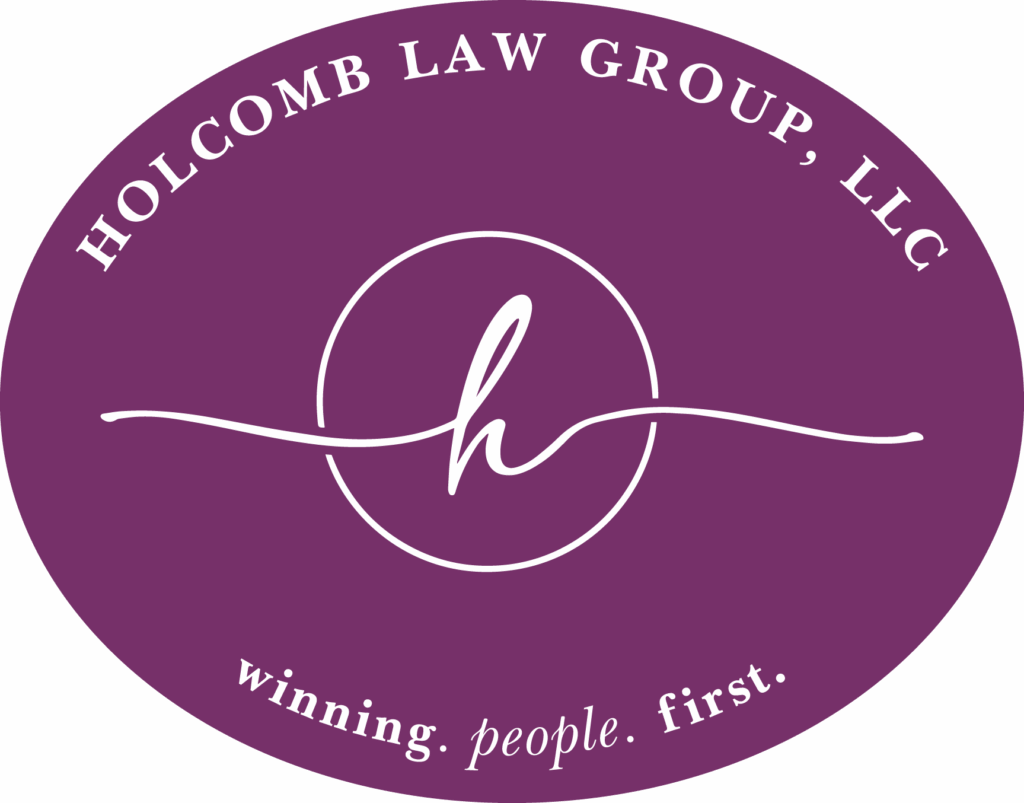Home
The Georgia Bankruptcy Attorney
Compassionate, Georgia-focused bankruptcy help—clear Chapter 7 & Chapter 13 guidance to get your life back on track.
The Right Strategy for Your Situation
Chapter 7 (Fresh Start)
Straightforward relief for qualifying clients—eliminate many unsecured debts and move forward. We’ll walk you through the means test, exemptions, and what you can keep.
Chapter 13 (Repayment Plan)
Protect your home or car and catch up on missed payments over 3–5 years while stopping collections. Ideal when income is steady or you’re behind on secured debts.
Alternatives
If bankruptcy isn’t the best fit, we’ll discuss negotiation, counseling, or timing a filing—and why that may better serve your goals.
Georgia Insight. Clear Guidance. Real Support.
- Powered by Holcomb Law Group. A people-first legal team.
- Local knowledge. We understand GA trustees, procedures, and expectations.
- Transparent pricing. No surprises. Clear scopes & options.
- Communication you can trust. Direct access, timely updates, plain English.
- Flexible access. Virtual or in-person—your choice.
A Simple, Secure Process
Free Consultation
Share your goals and get answers—no obligation.
Custom Strategy
We outline Chapter 7, Chapter 13, or alternatives with timelines and costs.
File & Protect
Filing typically triggers the automatic stay and pauses collections.
Bankruptcy FAQs — Georgia Edition
Will bankruptcy stop wage garnishment and collection calls?
In most cases, yes—once we file, the automatic stay generally pauses garnishments, lawsuits, foreclosures, repossessions, and collection contact. We’ll confirm how it applies to you.
Which is better for me: Chapter 7 or Chapter 13?
Chapter 7 can eliminate many unsecured debts if you qualify; Chapter 13 helps you catch up on secured debts over time while stopping collections. We’ll assess your income, assets, goals, and timing.
Will I keep my house or car?
Many clients keep essential property. Chapter 13 is often used to save a home or car; Chapter 7 exemptions may let you keep certain assets too. We’ll review what applies in Georgia.
How long does the process take?
Chapter 7 often runs several months; Chapter 13 plans run 3–5 years. Collection activity generally stops at filing.
Are all debts dischargeable?
No. Child support, many student loans, and some taxes are commonly non-dischargeable. We’ll map your debts and options.
Do I need to appear in court?
Most cases involve a brief trustee meeting (the “341 meeting”). We prepare you fully; appearances beyond that depend on the case.
Talk to a Georgia bankruptcy attorney today.
Free, confidential, judgment-free. Virtual options available.
